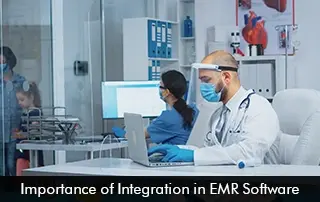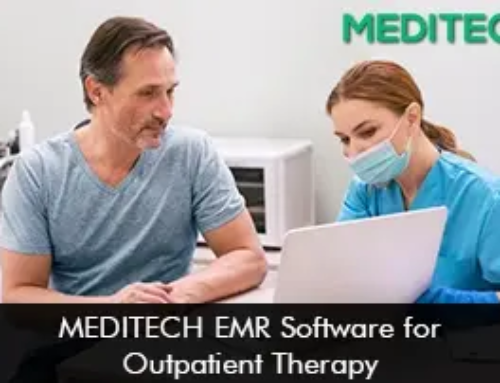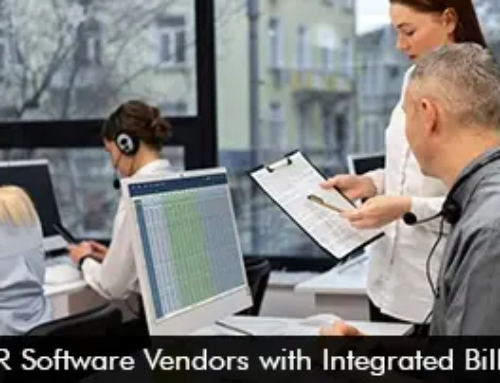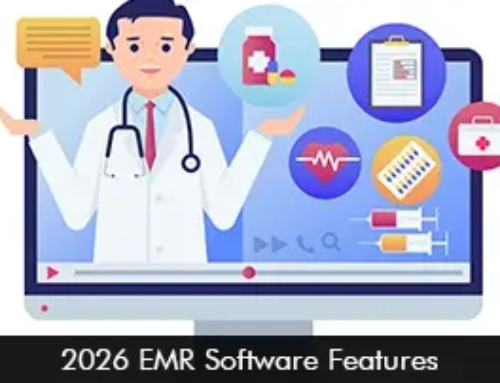Electronic Medical Records (EMR) Software integrations are critical in a modern EHR Platform. Integration ensures that connected care is provided to patients, and any data silos are taken care of. A well-integrated EMR Software is connected seamlessly with labs, pharmacies, imaging, and billing, keeping workflows as efficient as possible and empowering providers to offer holistic care to their patients.
Benefits of EMR Software Integration
Robust integrations in EHR Software can have numerous benefits for providers, patients, and healthcare at large. Users want to utilize an EMR System that is well-integrated. The following advantages can be reaped with robust integrations:
- Daily efficiency can go up, as a lot of time is saved with data entry tasks.
- A well-integrated Electronic Health Records Software offers comprehensive functionality that helps to reduce any errors with medication prescribing.
- Strong integrations with labs and imaging mean clinicians can receive results quickly, and hence they can start care without treatment delays.
- The integration with patient engagement solutions leads to better patient satisfaction scores as they can establish secure and prompt communication with care teams.
- When billing errors are reduced and the number of duplicate tests is decreased, organizations can save a lot of money.
Different Types of Integrations in EMR Software
A technologically advanced and modern EHR System vendor will offer integrations so that smooth care can be provided, and any gaps in care can be reduced. Before selecting an Electronic Medical Records Software vendor, ensure that they offer the following integrations:
- Lab Integrations – This type of EMR Software integration connects the software to labs, which ensures tests can be received quickly and automatically.
- Radiology PACS – Different types of reports and image results, such as MRI and ultrasound, are now available in the EHR Software.
- E-Rx – One of the most critical forms of integration is with pharmacies. Prescriptions are electronically sent, and any interactions can be flagged.
- PM and Billing – Practice Management and billing integrations with the electronic medical records software keep financial processes linked to patient encounters.
- Telehealth and Remote Patient Monitoring – Telehealth integration leads to smooth and successful virtual sessions. The remote data is transferred to the EMR System in real-time so providers can keep track of daily patient vitals.
Best EMR Software Vendors in Terms of Integrations
Epic Systems
Epic EMR Software offers strong integrations and interoperability options. Data can be exchanged easily outside to keep care teams on the same page. The EHR System vendor uses HL7 and FHIR.
Athenahealth EHR Software
athenaOne EMR Software is simple to connect to the SaaS model. The vendor offers strong integrations with lab, pharmacies, billing, and practice management systems. Clinical Data can be easily transferred across systems.
AdvancedMD EMR Software
The Electronic Medical Records Software platform is designed for small to medium-sized practice setups. AdvancedMD EMR Software integrates seamlessly with billing, telehealth, and patient engagement solutions. So it is an all-in-one platform and also supports APIs.
Got more EMR Software integration questions? We have got you covered. Our EMRfinder experts can help.








